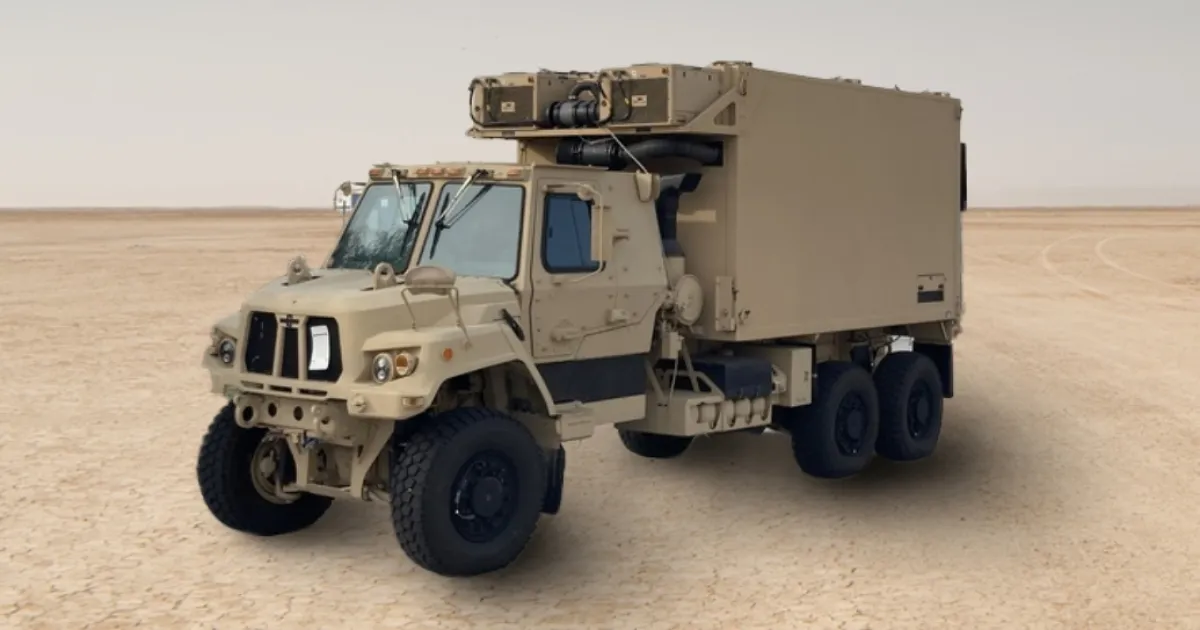Palantir wins $10 billion U.S. Army contract

The U.S. Army has awarded Palantir Technologies a monumental contract valued at up to $10 billion over the next decade, the largest in the company's history. The deal marks a turning point in the Army’s approach to software procurement and signals the growing centrality of artificial intelligence and data analytics in modern military operations.
The enterprise agreement, announced Thursday, aims to consolidate numerous existing software contracts into a single, streamlined framework. According to the Army, this will produce “significant cost efficiencies across mission-critical programs” and “reduce procurement timelines,” enabling soldiers to rapidly access advanced data integration, analytics, and AI tools.
Palantir, a software and data analytics firm co-founded by billionaire investor Peter Thiel and CEO Alex Karp shortly after the September 11 attacks, has long marketed itself as a partner to the national security community. The company's latest victory highlights its expanding footprint in Washington, where it has recently secured contracts with seven federal agencies.
This development follows the military’s earlier $795 million investment in Maven Smart System, an AI-driven targeting platform. The push toward integrating artificial intelligence into battlefield decision-making aligns with broader Pentagon priorities, particularly as the U.S. navigates intensifying geopolitical threats, including the war in Ukraine and rising tensions in the Indo-Pacific.
The Army called the contract a “comprehensive framework for the Army’s future software and data needs,” suggesting this could be a model for future government partnerships with commercial tech firms. It also reflects a larger policy shift—accelerated during the Trump administration—favoring private sector solutions in AI and defense technologies.
As global conflict becomes increasingly shaped by real-time data and algorithmic decision-making, Palantir’s latest deal not only deepens its role in defense but also underscores the U.S. military’s growing reliance on tech companies to maintain a strategic edge.





